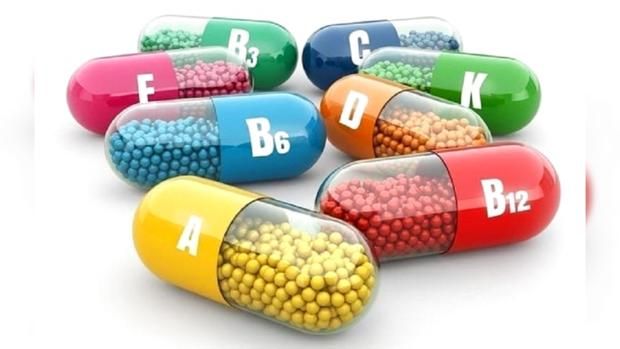Vitamins, essential micronutrients, play a pivotal role in maintaining optimal health.
From generating energy for your body to fighting infections this is what they do for us.We would like to outline the different types of vitamins and their important nutrient sources in this article.
Understanding Vitamins: Fat-Soluble vs. Water-Soluble
Before delving into specific vitamins, it’s essential to differentiate between the two primary categories:
- Fat-soluble vitamins: These vitamins are absorbed with fats and stored in the liver and fatty tissues. They include vitamins A, D, E, and K.
- Water-soluble vitamins: These vitamins dissolve in water and are not stored in the body. They need to be replenished regularly. This group includes vitamins B complex and vitamin C.
Vitamin A: The Vision Vitamin
Functions: Essential for vision, immune function, reproductive health, and skin health.
Food sources:
- Animal-based: Liver, fish oil, eggs, dairy products (fortified)
- Plant-based: Carrots, sweet potatoes, spinach, kale, apricots, cantaloupe
Vitamin D: The Sunshine Vitamin
Functions: Aids in calcium absorption, bone health, immune function, and mood regulation.
Food sources:
- Limited in food: Fatty fish (salmon, tuna), egg yolks, fortified dairy products, liver.
- Primary source: Sunlight exposure stimulates vitamin D production in the skin.
Vitamin E: The Antioxidant
Functions: Protects cells from damage, supports immune function, and promotes healthy skin.
Food sources:
- Nuts (almonds, hazelnuts), seeds (sunflower, flax), vegetable oils (olive, sunflower), spinach, broccoli.
Vitamin K: The Blood Clotting Vitamin
Functions: Essential for blood clotting and bone health.
Food sources:
- Green leafy vegetables (kale, spinach, broccoli), Brussels sprouts, cabbage, green peas, kiwi.
Vitamin B Complex: The Energy Boosters
Functions: Involved in energy metabolism, brain function, red blood cell formation, and nerve health.
- Vitamin B1 (Thiamine): Whole grains, legumes, pork, nuts, seeds.
- Vitamin B2 (Riboflavin): Dairy products, eggs, meat, poultry, leafy green vegetables.
- Vitamin B3 (Niacin): Meat, poultry, fish, whole grains, legumes, nuts, seeds.
- Vitamin B6 (Pyridoxine): Bananas, potatoes, chicken, fish, chickpeas, avocado.
- Vitamin B7 (Biotin): Egg yolks, liver, nuts, seeds, cauliflower, avocado.
- Vitamin B9 (Folate): Leafy green vegetables, citrus fruits, legumes, fortified cereals.
- Vitamin B12: Meat, poultry, fish, eggs, dairy products (fortified).
Vitamin C: The Immunity Champion
Functions: Antioxidant, collagen production, iron absorption, immune function.
Food sources: Citrus fruits (oranges, lemons), berries, kiwi, guava, broccoli, bell peppers, spinach.
Essential Nutrients: A Balanced Diet
Despite the fact that supplements can fill nutritional gaps, a balanced diet is still more important for perfect health. A regular supply of necessary vitamins and all nutrients can be achieved through including various fruits vegetables whole grain products low fat proteins as well as good fats in your meal plan.

